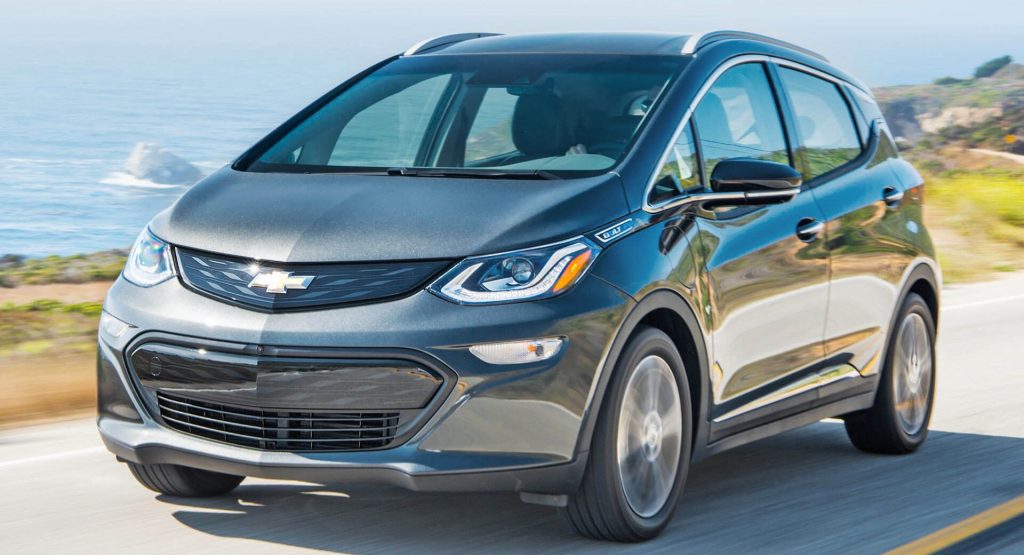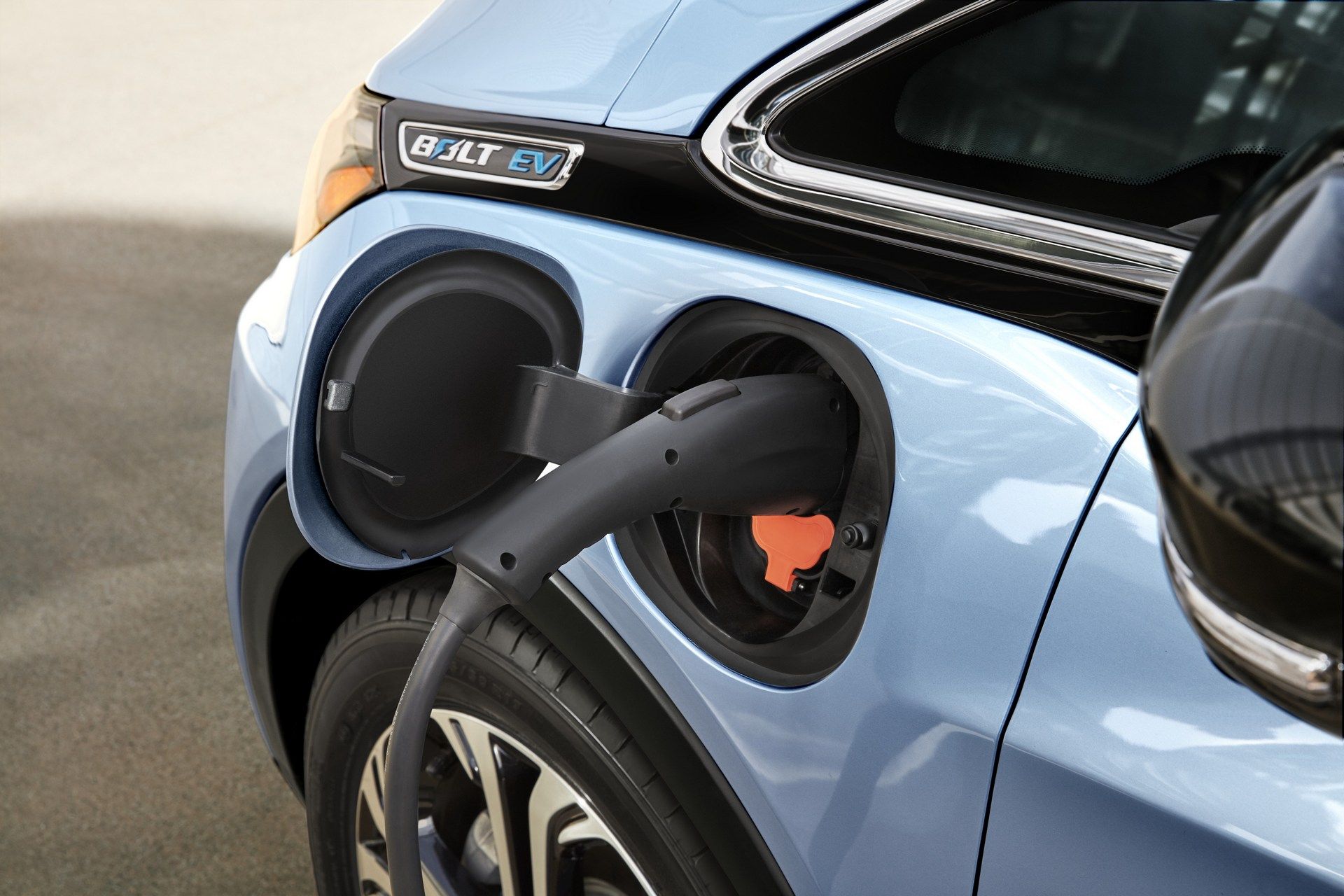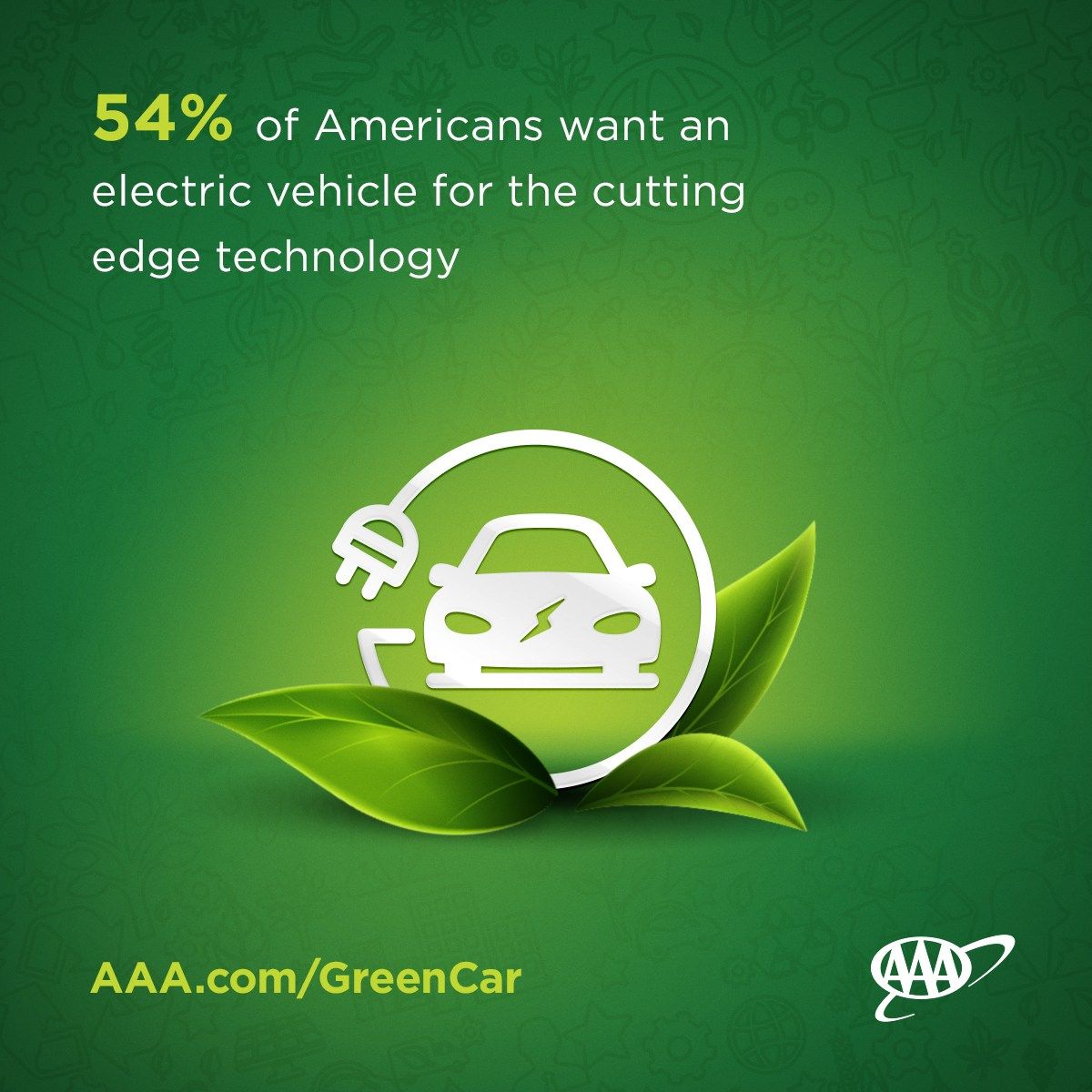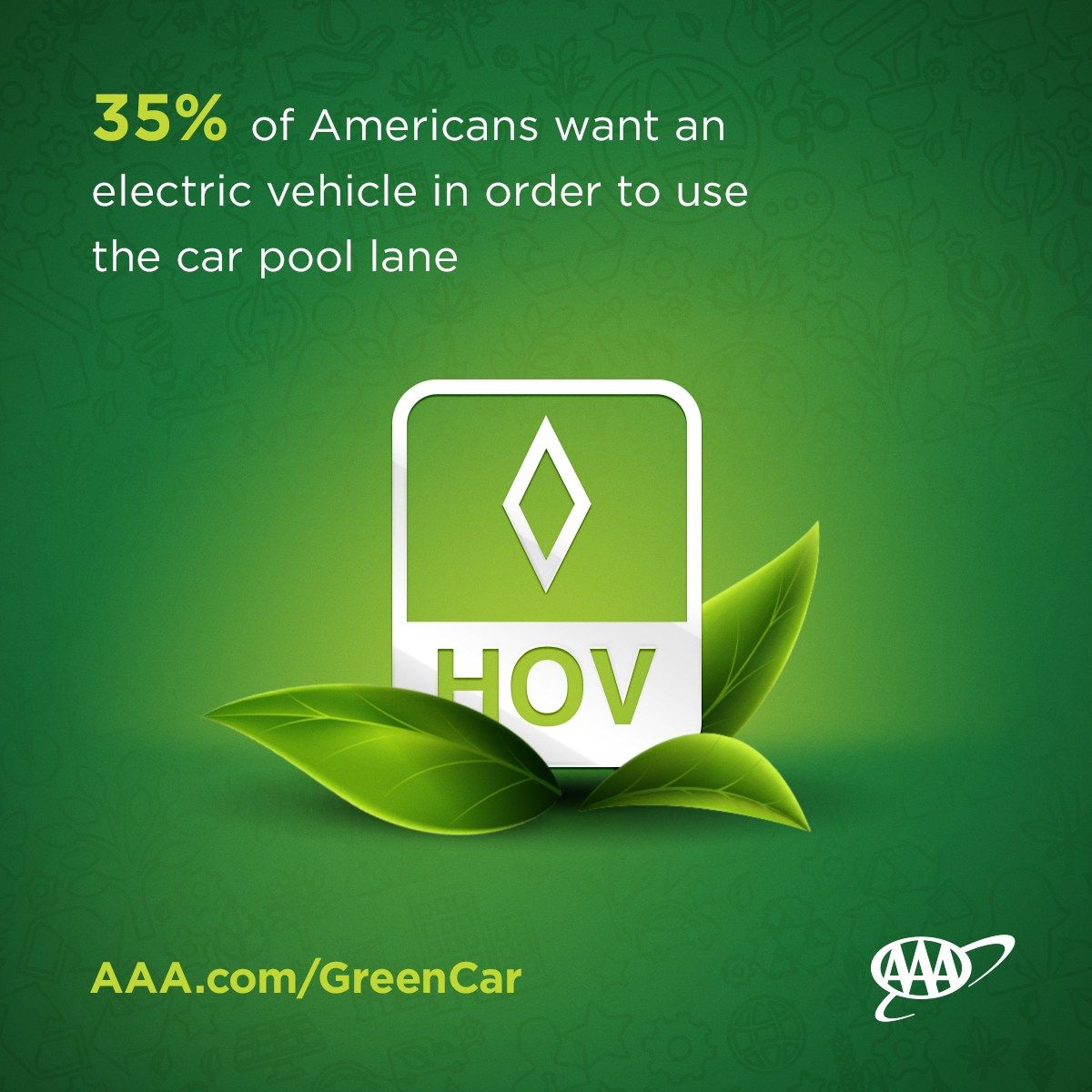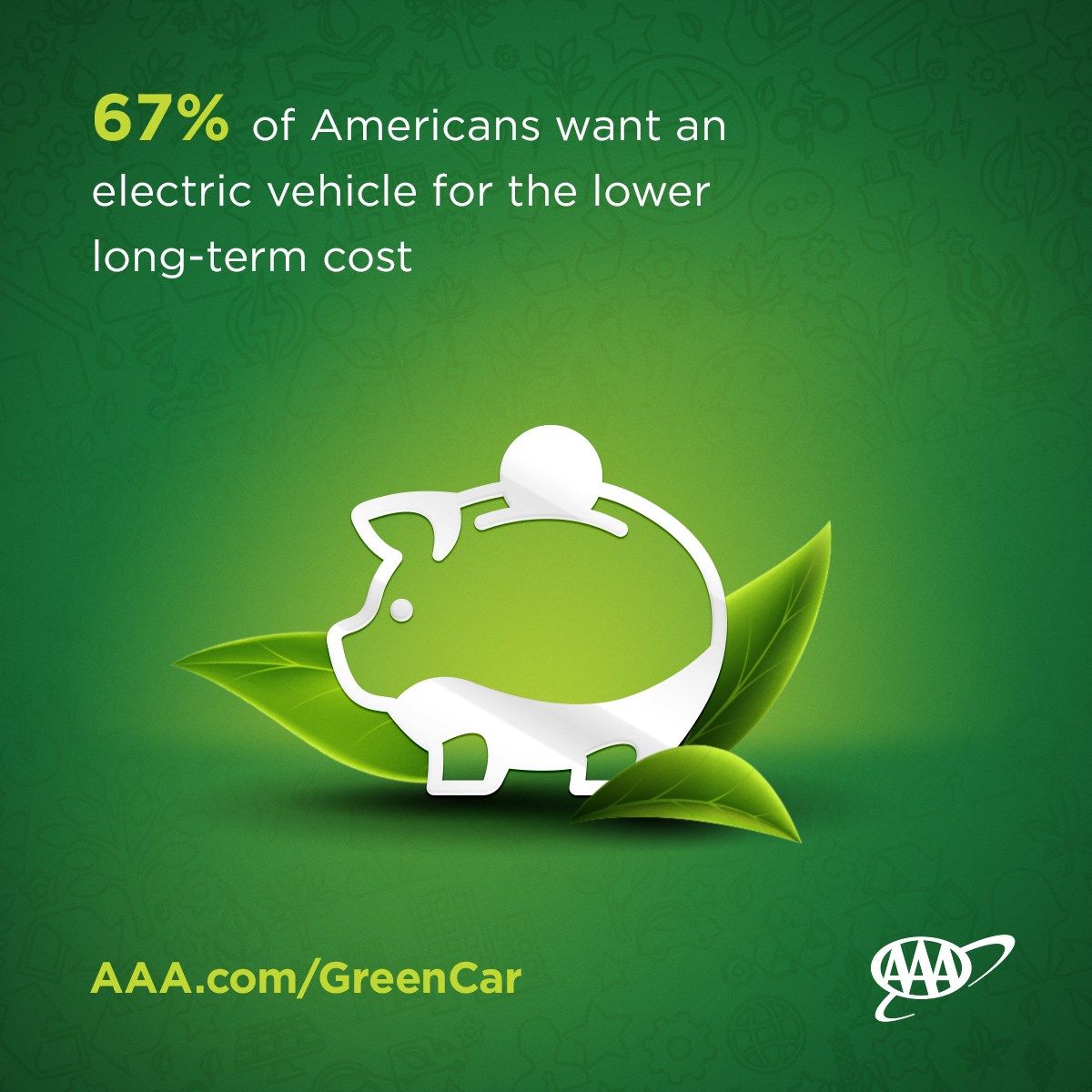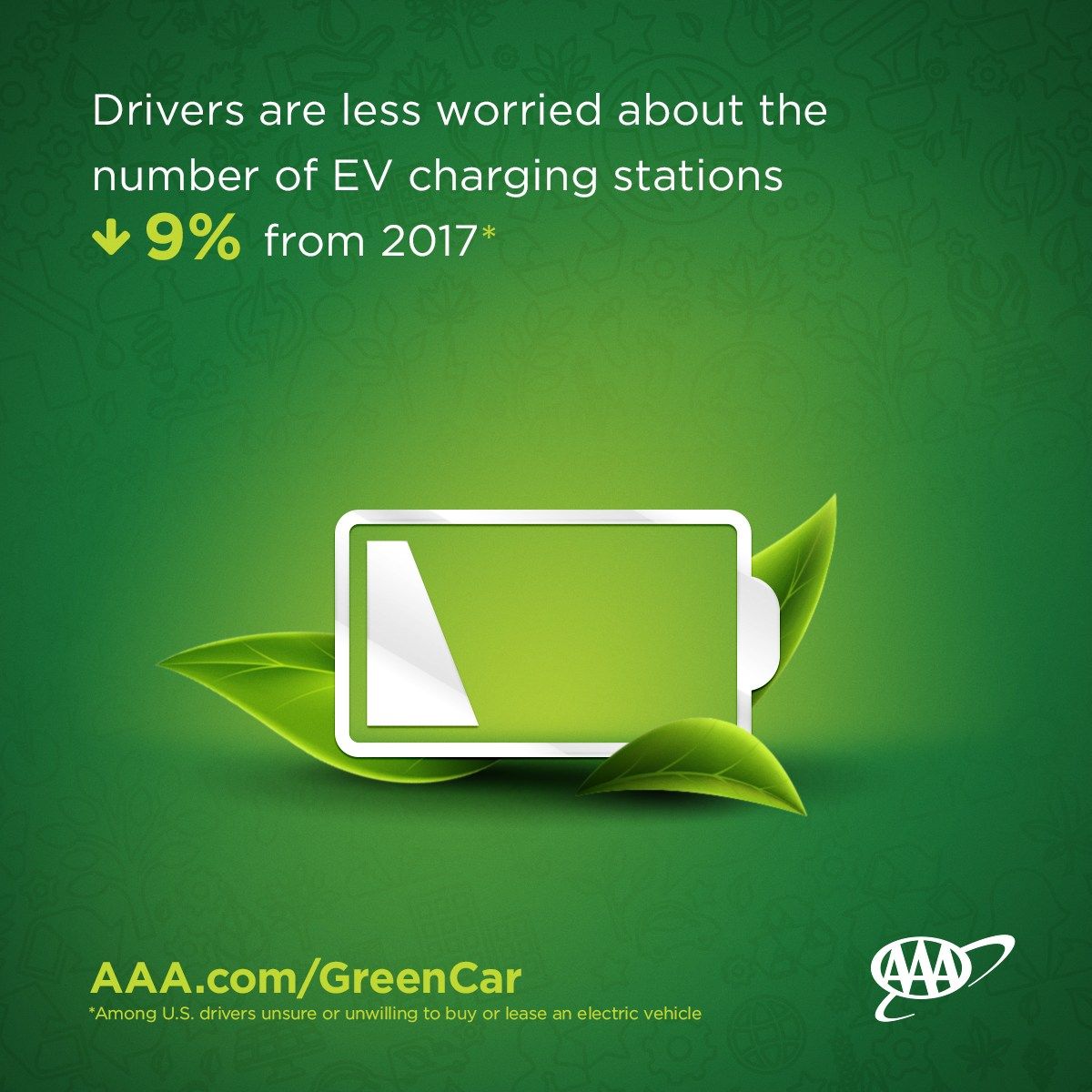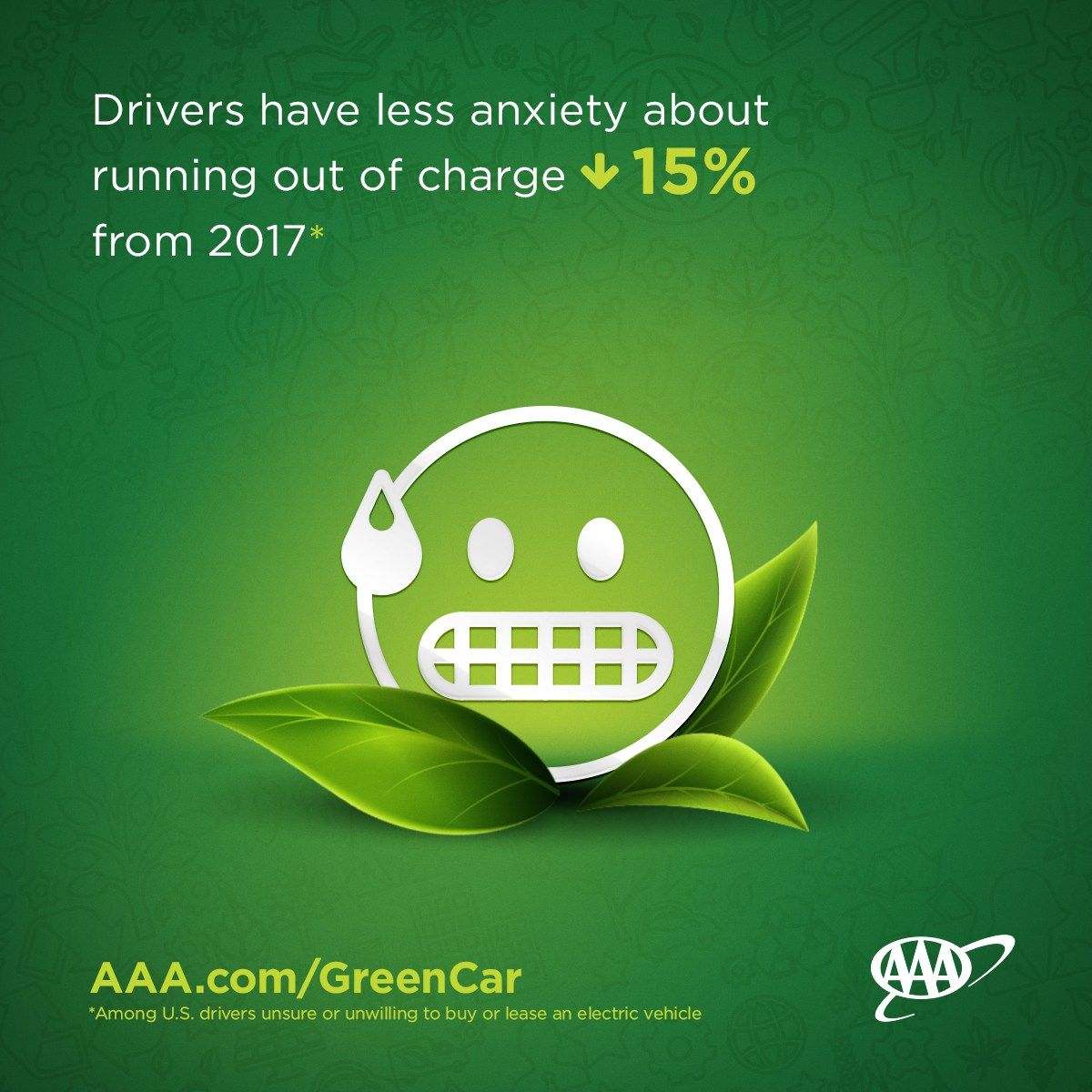Electric vehicles are becoming increasingly popular with consumers and a new study from AAA suggests 20 percent of Americans want their next vehicle to be electric.
This is a 5 percent increase from 2017 and its builds on other data which suggests consumers are becoming more open to electric-only models. Even those who were unwilling to buy an electric vehicle or unsure if they would buy one, showed less negativity towards EVs than in previous studies. Among these respondents, 63 percent cited a lack of charging locations while 58 percent cited range anxiety. These are decreases of 9 percent and 15 percent, respectively, from 2017.
Millennials were the least concerned about range anxiety as only 48 percent of respondents cited it as an issue. However, Generation Xers (64 percent) and Baby Boomers (66 percent) were more worried about it.
While range is an important issue for electric vehicle, it wasn’t the primary thing that people were concerned about. 92 percent of respondents who said they were likely to buy an electric or hybrid vehicle stated reliability is important when considering which model to purchase. For comparison, only 87 percent of respondents said range was important.
Other important factors that weigh on customers interested in hybrid and electric vehicles are crash ratings (77 percent), cost (71 percent) and performance (69 percent). Interestingly, most respondents said they didn’t care about the design or style of the vehicle or who makes it.
One of the more interesting findings of the study is Americans are pretty clueless about electric vehicles despite becoming more interested in them. 68 percent of respondents felt “a charging time of no more than 30 minutes is reasonable.” Furthermore, 44 percent of women think a charging time of 15 minutes or less is reasonable.
This, of course, is completely unreasonable as the Nissan Leaf needs about 7.5 hours to be fully recharged with a 220-volt outlet and around 35 hours with a 110-volt outlet. Even an 80 percent quick charge requires around 40 minutes. The Chevrolet Bolt, on the other hand, requires 9.3 hours to receive a full charge with a 240-volt connection.




